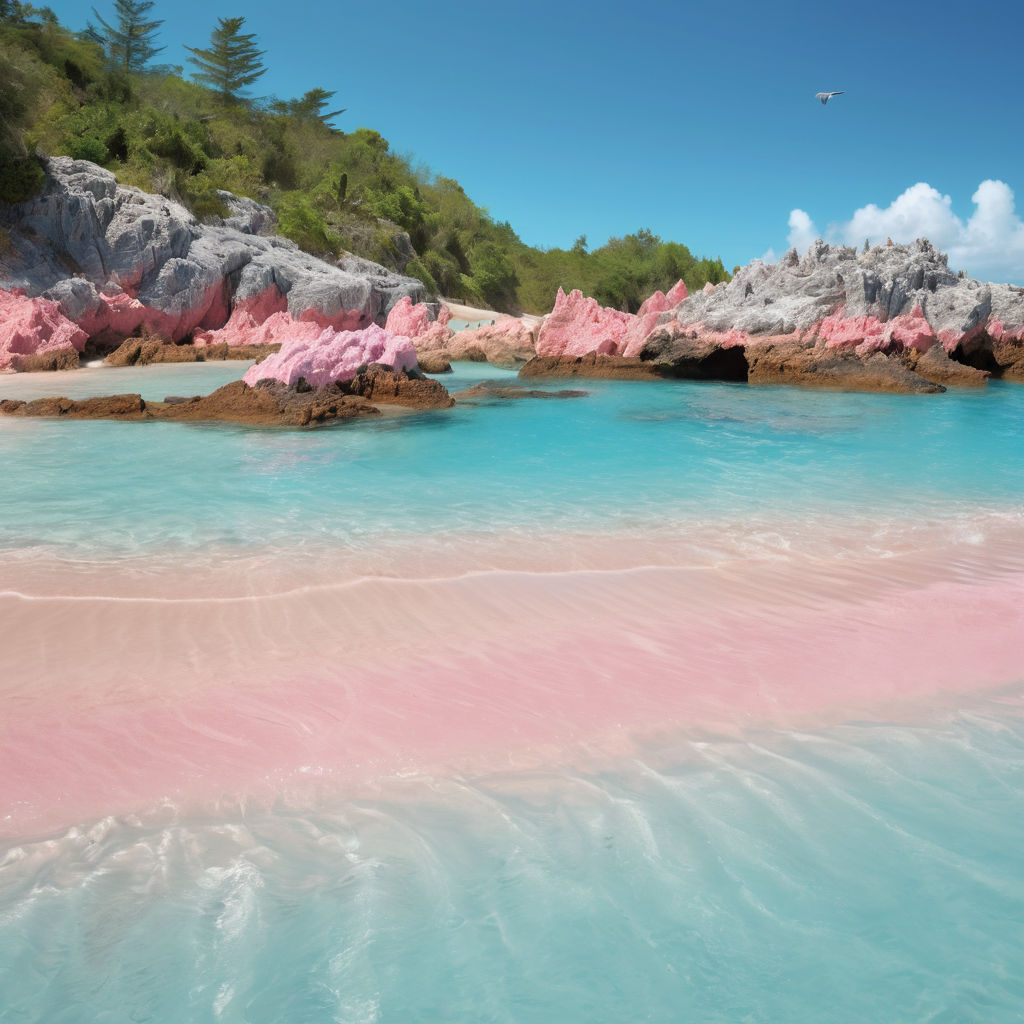Introduction to Bermuda: A North Atlantic Gem
Explore the Unique Blend of Cultures and Natural Beauty in Bermuda

Introduction to Bermuda
Bermuda, a British Overseas Territory located in the North Atlantic Ocean, is renowned for its pink sand beaches, crystal-clear waters, and vibrant culture. Geographically, it consists of about 138 islands, with the seven largest connected by bridges to form a continuous landmass. The capital city, Hamilton, is the commercial hub, while St. George's is celebrated for its historical significance, having been established in 1612. Bermuda’s rich cultural heritage reflects a blend of British, African, Portuguese, and Native American influences, creating a unique and diverse cultural tapestry.
Cross-national and Cross-cultural Understanding
Bermudians have a generally open and welcoming attitude towards other cultures. This openness is partly due to Bermuda's status as a major tourist destination and international business hub. The island hosts a range of cultural exchanges, including festivals, art exhibitions, and educational programs that encourage cross-cultural understanding. Organizations such as the Bermuda National Trust and the Bermuda Society of Arts play significant roles in promoting cultural awareness and appreciation. Educational programs in Bermuda often include multicultural components, fostering an environment of inclusivity and respect for diversity. International partnerships with universities and cultural institutions further enhance this cross-cultural dialogue, enabling Bermudians to engage with global perspectives and ideas.
Interactions and Social Dynamics
The interactions between Bermudians and foreigners are typically friendly and respectful. Social behaviors in Bermuda reflect a blend of British formality and Caribbean warmth, characterized by politeness and hospitality. Bermudians often greet with a friendly “good day” and maintain a courteous demeanor in social interactions. Communication styles in Bermuda can be a mix of directness and subtlety, depending on the context. English is the official language, but the Bermudian dialect and colloquialisms add a unique flavor to conversations. Multilingualism is not widespread, but many Bermudians have a good grasp of Spanish and Portuguese, thanks to the significant Portuguese community on the island. This linguistic diversity aids in facilitating interactions with visitors and expatriates from different backgrounds.
Views on Dating and Relationships
Dating and relationships in Bermuda are influenced by a combination of traditional values and modern attitudes. Bermudians generally view relationships with foreigners positively, recognizing the opportunities for cultural exchange and personal growth that such relationships can bring. However, there are cultural expectations and norms that play a role in shaping these views. For instance, family approval and involvement are often significant in Bermudian relationships. Respect for elders and adherence to family traditions can impact how relationships develop and are perceived by the community. Despite this, younger generations in Bermuda are increasingly embracing more liberal attitudes towards dating, including cross-cultural relationships.
Marriage and Family
Marrying a foreigner in Bermuda involves navigating both legal and social considerations. Legally, Bermuda has clear regulations regarding marriage, including the need for proper documentation and adherence to residency requirements. Socially, cross-cultural marriages are generally accepted, although couples may face challenges related to blending different cultural practices and expectations. Familial acceptance plays a crucial role in cross-cultural marriages. Bermudian families can be protective and supportive, and gaining their approval is often essential. However, the island’s diverse cultural landscape means that many families are already familiar with and accepting of different cultural backgrounds, which can ease the integration process for foreign spouses. Trends in cross-cultural marriages reflect Bermuda's cosmopolitan nature. Many Bermudians travel abroad for education and work, often forming relationships with people from various cultures. These marriages enrich Bermuda’s cultural fabric, introducing new customs and traditions into the community.